On the ways of product quality fixation from the perspective of consumption psychology theory
DOI :
https://doi.org/10.34069/AI/2023.71.11.10Mots-clés :
product quality, fixation ways, marketing practice, branding, consumer, voluntary certification, disappoint expectations of consumers, certificate.Résumé
The notions of product quality fixation ways are characterized in the given paper. It also contains opinions of different authors on the consumption psychology characteristics and specifies the importance of personal features of consumers and peculiarities of marketing communications for study. The article gives the notion of marketing communications and substantiates that quality management systems (QMS) are marketing communications. It also demonstrates that ISO standards in the sphere of quality management are aimed at developing effective models of business communications. The author of the paper focuses on the fact that certificates and standards lose importance, to some extent, due to the invention and development of “bypasses” for standardization and certification of both the products themselves and business management systems that results in the formality and inefficiency of such tools, which give only the appearance of the qualitative products. The conclusions are made that branding, as an alternative market tool, which can comprise both quality standards and conformance certificates, is such a tool of the marketing communication, which is formed based on a consumer’s demand and product market characteristics; branding is competitive and it is attractive from the investment point to more extent.
Téléchargements
Références
Bubenok, E.A. (2013). Formation of competitive advantages of Russian companies on the basis of intrapreneurship and branding mechanisms. (Dissertation ...D. in Economics). AHO VPO "Russian Academy" entrepreneurship", Moscow, 317 ?. (in Russ.) Access: https://acortar.link/a9N0kQ
Burnett, J., & Moriarty, S. (2007). Marketing communications: an integrated approach. SPb: Peter: Publisher, 864 ?. (In Russ.)
Dowling, G. (2006). Science and Art of Marketing. Translated from English. SPb.: Vector: Publisher, 392 ?. (in Russ.).
Drucker, P.F. (1973). «Management: Tasks, Responsibilities, Practices». NY: “Harper & Row”: Publisher, 64-65 ?.
Eriashvili, N.D., Korotkov, A.V., & Sinyayeva, I.M. (2017). Marketing Management. M.: Unity-Dana: Publisher, 464 ?. (in Russ.) Access: http://htbiblio.yolasite.com/resources/Korotkov_upravl_market.pdf
Feldwick, R. (2002). What is Brand Equity Anyway? Henley-on-Thames: World Advertising Research Centre: Publisher,148 ?.
Financial Encyclopedia. (2021). Freud's theory of motivation [Electronic resource] Mode of access: https://nesrakonk.ru/freudian-motivation-theory/ (in Russ.)
Fominykh, V.V. (2010). Enhancement of Competitive Product Quality on the Basis of Brand Capitalization (Dissertation ...kand. ekonom. sci.) SPb.: St Petersburg State University of Economics and Finance: Publisher, 172 ?. (in Russ.)
Ganti, A. (2020). Freudian Motivation Theory: How it Shapes Investor Behavior. Investopedia. Access: https://www.investopedia.com/terms/f/freudian-motivation-theory.asp (In Eng.)
Gvozdetskaya, I.V. (2009). Management of brand capital of an industrial company. (Dissertation ... child economy science.) Saransk. Mord. state university, Publisher, 173 ?. (in Russ.)
Ilyina, I.V. (2007). Brand Concept Development (dissertation ...candidate of economic sciences) M.V. Lomonosov Moscow State University: Publisher, 174 ?. (in Russ.)
Jones, F. (2005). The role of advertising in creating strong brands. Translated from English ?.: Williams: Publisher, 392 ?. (in Russ.)
Ketova, N.P. (2009). Marketing Management. Rostov-on-Don: Phoenix: Publisher, 478 ?. (in Russ.)
Kotler F. (2004). Marketing-management. SPb: Peter: Publisher, 800 ?. (in Russ.)
Kretov, I., & Karyagin, N. (2005) Product strategies and brand technologies in modern marketing. M.: Economist: Publisher, 164 ?. (in Russ.)
Kuzmina, O.A. (2008). System of Factors Influencing the Brand Creation by Russian Enterprises. Vestnik of Orenburg State University, 11, 98-104. (in Russ.) Access: https://acortar.link/eYlrSU
Mc Donald, M. (1999). Marketing Plans - How to Prepare Them, How to Use Them. Oxford, Butterworth Heinemann: Publisher, 578 ?. Access: https://acortar.link/KWmfkm
Mcleod, S. (2023). Maslow’s Hierarchy Of Needs. SimplyPsychology. Access: https://www.simplypsychology.org/maslow.html (In Eng.)
Menyailo, J.S.B. (2019). The concept, the essence, the origin. Financial University of the Government of the Russian federation. Conference “A Development Potential and the Growth Ways of the Russian Economy, Part II. pp. 292-296. (in Russ.)
Pankrukhin, A.P. (2006). Marketing. M.: Omega L.: Publisher, 656 ?. (in Russ.)
Tarasova, E.E., & Voronin, Y.M. (2008). The role of Internet advertising in the system of marketing communications. Bulletin of Belgorod University of consumer cooperation, 3(27), 5-14. (in Russ.)
Zakharova, I.A. (2007). Economic effect of company brand management: (Dissertation ...candidate of economic sciences). Lomonosov Moscow State University. M.V. Lomonosov Moscow State University: Publisher, 166 ?. (in Russ.) Access: https://acortar.link/6G4r5w




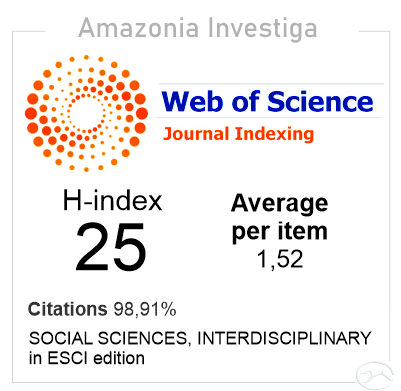



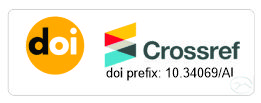
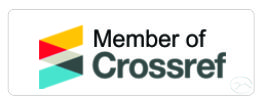




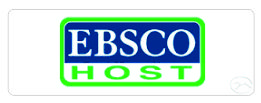

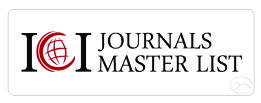




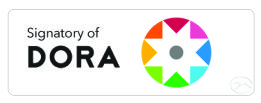

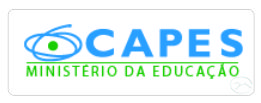






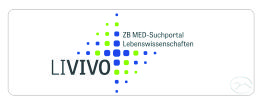


































.gif)






